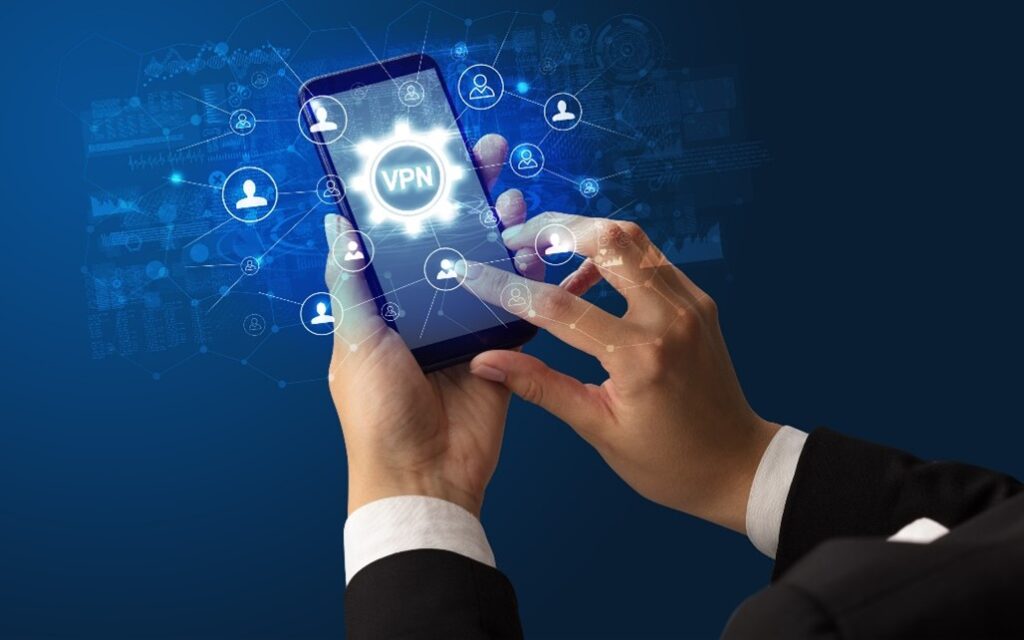
Modern life is difficult to navigate without access to the internet. Social media usage is increasing exponentially every year and computers and laptops have become vital for people at work and in school. According to Statista, as of July 2022, there are an estimated five billion internet users globally and every single one is susceptible to cybersecurity risks.
In the following article, Kenny Natiss will advise how to effectively manage cybersecurity risk, concentrating on four predominant tips.
Encrypt and Back-Up Data
Sensitive data can be valuable for hackers, so any important information that you may need to access certain internet sites, or payment information used for online purchases should all be encrypted. This information can be accessed by others if you misplace your device or get hacked online.
Most modern devices come with encryption techniques already installed, however, using an older or outdated device may require full-disk encryptions (FDEs), which can be completed on any device. FDEs will ensure that no information is accessible without your chosen PIN code or password.
Cloud devices such as GoogleDrive, OneDrive, iCloud or DropBox are all legitimate storage services that not only back up your data, including photos, documents and files but also encrypt the data, protecting any data from unauthorized access.
Use a VPN
Virtual Private Networks (VPNs) are easily installable and are effective in redirecting hackers away from your IP address. When using the internet, the exact location of the user is identifiable for those who are IT-aware. This means hackers can detect the internet user’s exact location and more experienced hackers may even be able to track future internet usage.
To protect against this, many people use VPNs, which allow you to select an alternative address from anywhere in the world. This disables the hacker from identifying the correct address of the user. Users should change their chosen IP address every time the VPN is used to make sure they are almost impossible to track.
Use Strong Passwords
Hackers can guess passwords more often than many people believe, so using a strong password which includes a combination of letters, numbers and symbols is a good way of preventing hackers from accessing your data.
Email addresses may be visible to hackers, so ensure that the data used in your email does not correspond with that in your password. For example, if using the email john.smith148@exampleemail.com, it would not be recommended to use ‘john’, ‘smith’ or ‘148’ in your password. This makes your password easier to guess and leaves you more susceptible to cybersecurity risk.

Install Firewalls
As hackers become more intelligent and innovative, cybersecurity threats are becoming increasingly harder to prevent. Installing a firewall can protect your network from a cyber-attack. Firewalls monitor network traffic and identify potential threats or suspicious activity.
Firewalls are successful in preventing access to data via intricate spyware systems, which additionally help to divert hackers and ensure data privacy.
Final Thoughts
Many people experience cybersecurity risks as hackers grow more sophisticated and use more elaborate coding systems. There are additional ways in which data can be protected, whether a personal or work device is used. However, the four basic steps outlined above will create a foundation for safe internet usage and should prevent cybersecurity risks.
